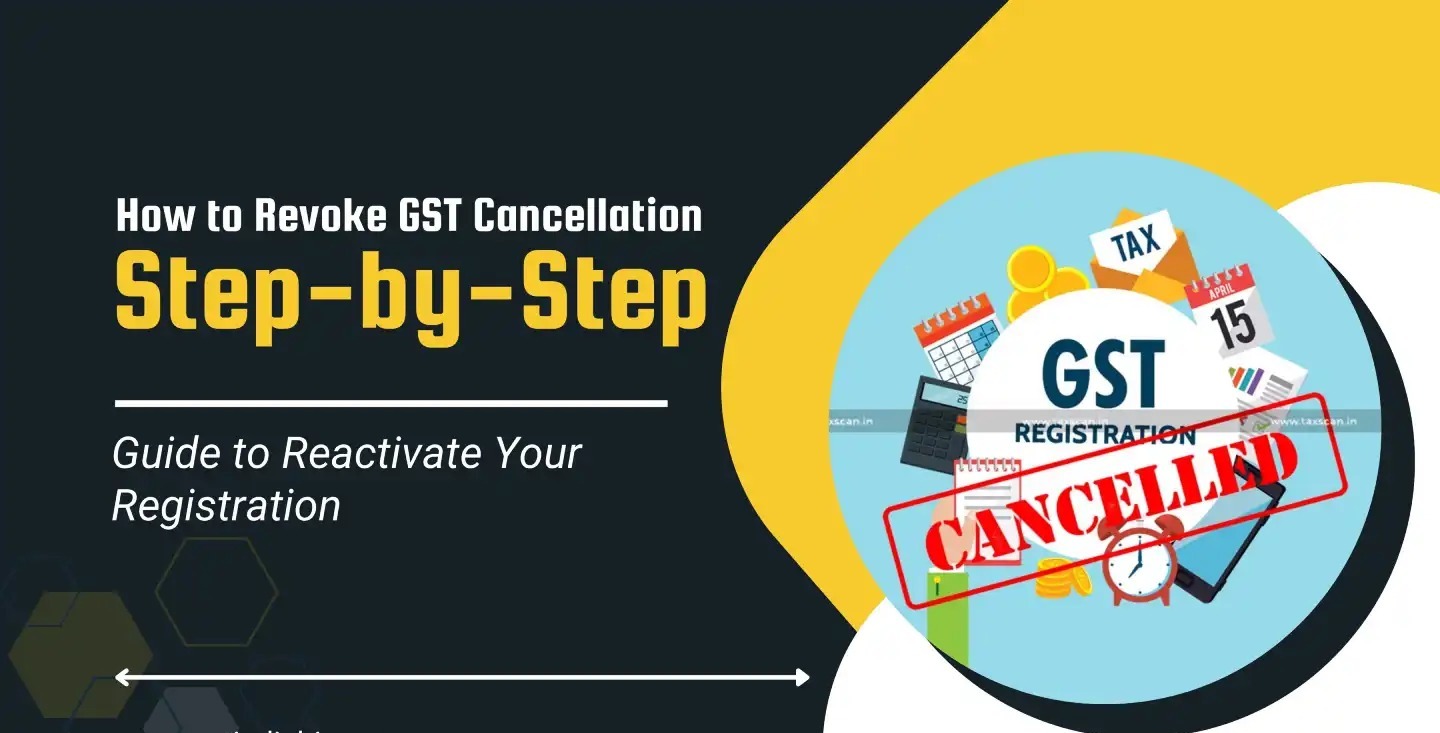Allsop and Verma, JJ.@mdashThis appeal has arisen out of an application made by the Appellant--who is the Official Receiver at Bulandshahr--praying that a sale of certain property in execution of a decree against the insolvent, Bishambhar Lal be set aside. The court below held that the Official Receiver had no locus standi and had no right to challenge the sale. It accordingly dismissal the application.
2. The admitted facts are these. In execution of a money decree, obtained by one Mool Chand in the court of a Munsif, against Bishambhar Lal, a house belonging to the judgment debtor was attached. While these proceedings in execution of the decree were pending in the Munsifs court, the judgment debtor, Bishambhar Lal presented, on the 20th of October 1938, in the court of the District Judge a petition praying that he be adjudged an insolvent. The petition was admitted the same day. On the 21st of December 1938, the house which had been attached in execution of Mool Chand''s decree was sold and was purchased by the Respondents before us. On the 21st of January, 1939, the District Judge granted the petition in insolvency premed by Bishambhar Lal and passed an order of adjudication. He, further, directed that the Official Receiver should be the receiver of the insolvent''s property. On the same day the auction sale which had taken place on the 21st of December, 1933, came up for confirmation before the Munsif and he passed an order confirming the sale. On the 1st of June, 1939, the official receiver presented the application which has given rise to this appeal.
3. The court below has stated in its judgment that there are two decisions, one of the Calcutta High Court, viz., Jogendra Nath Kundu and Another Vs. Jogneswar Mandal and Others, and the other of the Madras High Court, viz, Cheedalla Polamma Vs. Official Receiver and Others, which are in favour of the Official Receiver, but that there is a ruling of this Court in Kishan Swarup v. Mukandi Lal (1934) 3 A.W.R. 557 which is ageist him and that, being bound to follow the ruling of this Court, it had to dismiss the Official Receiver''s application. Learned Counsel for the Appellant has argued that the view taken by the learned Single Judge, who decided Kishan Swarup''s case (1934) 3 A.W.R. 557., with regard to the effect of Section 51 on the provisions of Section 28 of the Provincial Insolvency Act (V of 1920) was not correct We have come to the conclusion that this c intention is well founded. u/s 28(7) an order of adjudication relates back to and takes effect from the date of the presentation of the petition on which it is made. Under the first sub-section of that section the whole of the property of the insolvent vests in the court, or in the receiver appointed by the court, as soon as an order of adjudication is made. The result is that the entire property belonging to Bishambhar Lal vested in the official receiver with effect from the 20th of October 1938. Thus the house in question, when it came to be sold a month later, no longer belonged to Bishambhar Lal out vested in the Appellant. It is, however, argue by Learned Counsel for the Respondents that Section 28 is modified by Section 51 of the Act and reliance is placed on an observation to that effect made in the judgment in Kishan Swarup''s case. With great respect to the learned Judge who decided that case, we are of opinion that it the view that Section 28 was modified by Section 51, in the sense in which the learned Judge held that it was modified, cannot be sustained. The effect of Sub-sections (6) and (7) of Section 28 read together, is that the whole of the property of the insolvent vests in the receiver with effect from the date of the presentation of the petition in insolvency. To the same effect were the provisions of Section 16 of the old Act (III of 1907), But in Sub-section (1) of Section 34 of that Act, which corresponded substantially with Section 51 of the present Act, the date before which the assets had to be realized in order that persons other than the receiver might be entitled to the benefit of the execution was the date of the order of adjudication. This gave rise to certain anomalies and resulted in a conflict of judicial decisions. The legislature, therefore, when it came to enact Act V of 1920, altered the language of the sub-section and made the date of the admission of the petition the crucial date. Sub-sections (1) and (3) of Section 51 lead to the result that the receiver is in any event entitled to the assets realised after the date of the admission of the petition and that he is entitled even to the property if he can successfully challenge the good faith of the auction purchaser. The order of the court below deprives the official receiver even of an opportunity to raise the question of the auction purchaser�s good faith. This, in our judgment, was not the intention of the legislature and is not a correct interpretation of the language of Section 51. Mr. Panna Lal has referred to the case of Din Duval v. Gur Saran Lal (1929) 42 All. 336. That however, was a case which was concerned with toe Act of 1907 and whatever views, relevant to the point under consideration, were expressed in that judgment were bused on the language of Section 34(1) of that Act. The case is, therefore, not applicable to the case before us. The Patna case, Jckhirain Surajmal v. Chouthmal (1931) 9 Pat. 945 to which reference made in the judgment in Kishna Swarup''s case is clearly distinguishable on the facts and does not really deal with the question which arises before us. In our judgment, the view taken in the Culcutta and Madras cases mentioned above was correct. It seems to us that the only adverse effects which Section 51 has on the rights of the receiver--in whom the property vests with effect train the date of the presentation of the petition--are, firstly, that in any assets, have been realised, in execution of a decree, before the date of the admission of the potion, the receiver will have no right to prevent the decree-holder from getting the benefit of those assets even if such assets are in the made of the Court and have not been paid over to the decree-holder before the date of the admission by the insolvency Court of the petition; and secondly. That an junction purchaser who can establish good faith can squire a good title to the property against the receiver.
4. For the reasons given above we allow this appeal set aside the order of the Court below and send the case back to that Court for disposal according to law. The appellate is entitled to his costs in this Court. The cost in the Court below will abide the event.

